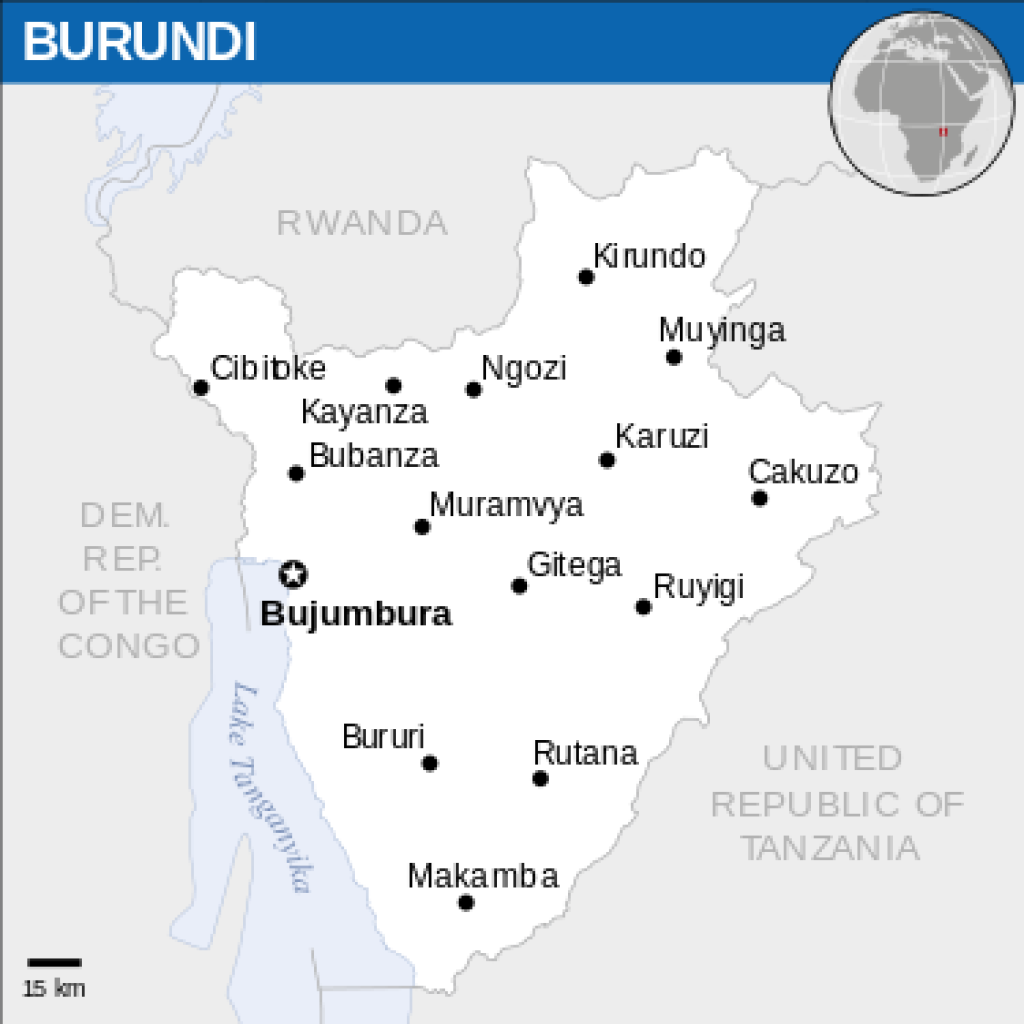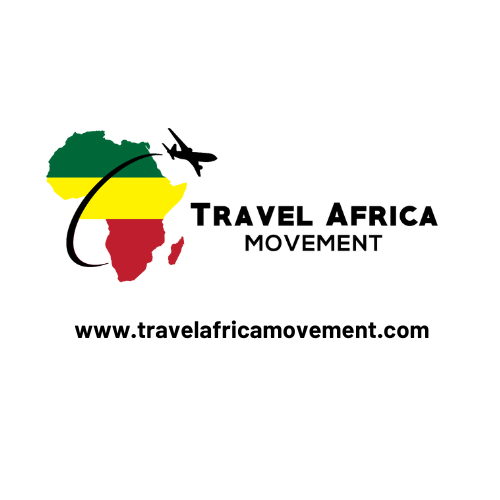Fun Facts:
1. It’s a landlocked country located in East-Central Africa and is the 10th smallest country in Africa.
2. Its capital and second largest city is Gitega. Bujumbura is its largest city and former capital.
3. Burundi’s primary exports are coffee, gold and tea, but it is one of the world’s poorest countries.
4. Burundi has the second-largest population density in sub-Saharan Africa, with only 13% of the population living in urban areas. Most people live on farms near areas of fertile volcanic soil.
5. Major languages: Kirundi (national and official), French (official), English (official)
6. Major Ethnic Groups: Hutu (85%), Tutsi (14%), Twa (1%)
7. Major Religions: Christianity (90%), Islam (5%), Traditional indigenous religions (5%)
8. It is one of the few African countries whose borders were not determined by colonial rulers.
9. During colonization, first Germany, and then Belgium, ruled Burundi and neighboring Rwanda as a common colony known as Ruanda-Urundi. At independence from Belgium in July 1962, Burundi and Rwanda became two separate countries.
9. Burundi’s currency is the Burundian franc (BIF). At current exchange rates, $1 USD equals approximately $1,894 BIF.
10. Burundi is considered an off the beaten path destination for most visitors. Tourism infrastructure is limited due to years of unrest, but its growing tourism industry mostly centers around nature, wildlife and culture.
11. Burundian drummers, locally known as Abatimbo, are one of the major cultural attractions.
12. Tourist attractions include: Kibira National Park (home to the country’s largest rainforest and rare colobus monkeys and chimpanzees), Rusizi National Park (home to hippos), Gasumo (the southernmost source of the Nile River), Lake Tanganyika (the world’s longest freshwater lake), Karera waterfalls, 10 thermal water sites, tea plantations, National Museum, Museé Vivant, and Gishora Drum Site.




Comment (0)